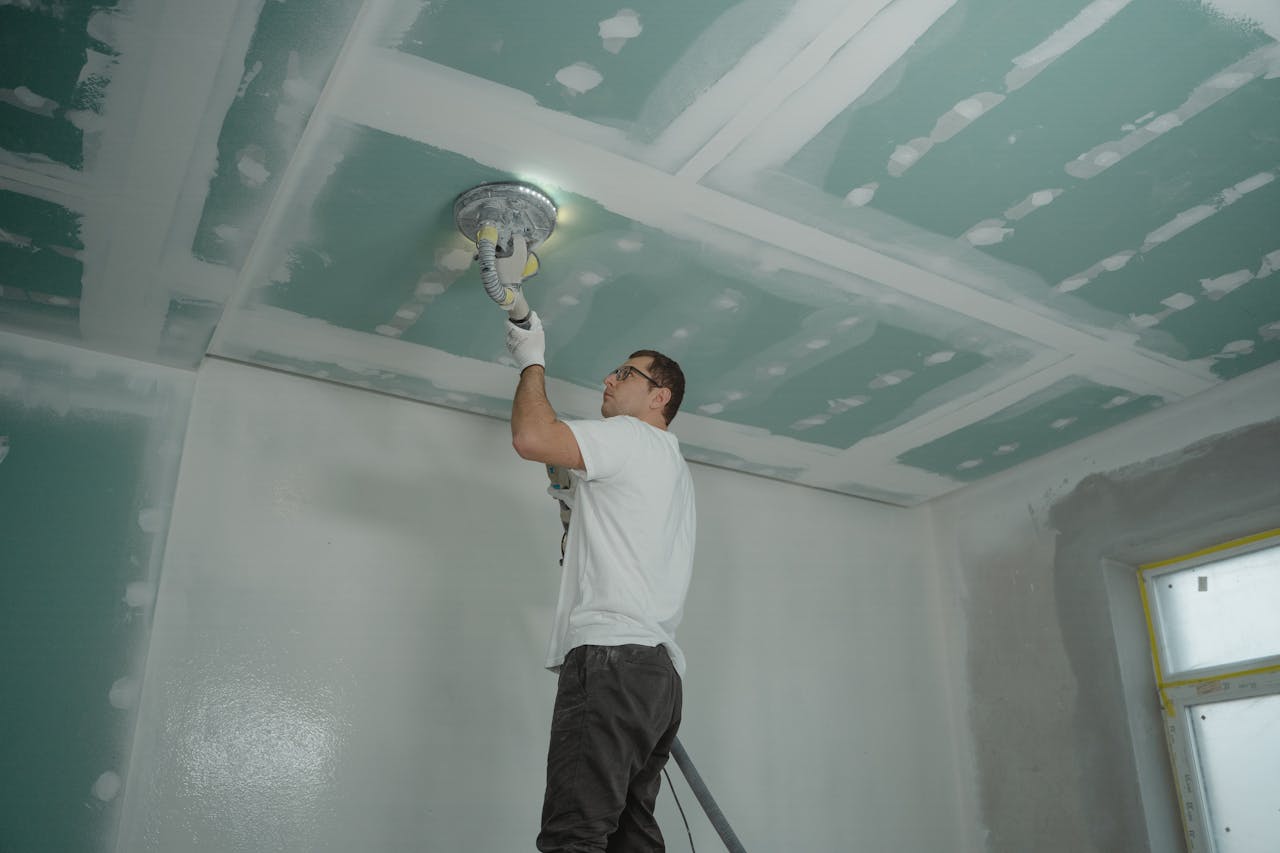Renovating Your Home:
6 Financial Tips You Need to Follow
Renovating your home can be an exciting yet daunting task. Whether you're looking to increase your home's value, enhance its functionality, or simply freshen up its appearance, proper financial planning is essential. In this guide, we'll explore six crucial financial tips to help you navigate the renovation process smoothly and ensure you make the most of your investment. From budgeting effectively to exploring different financing options, we'll cover everything you need to know to embark on your home renovation journey with confidence.

Assess Your Financial Situation
Before diving into any renovation project, it's imperative to assess your current financial situation. Take stock of your savings, income, and existing debts to determine how much you can realistically afford to spend on renovations. Create a comprehensive budget that outlines all anticipated expenses, including materials, labor, permits, and unforeseen costs. Be sure to leave room for unexpected expenses, as renovations often come with surprises. If your savings fall short of covering the project's cost, consider alternative financing options such as a loan for home improvement or similar. However, it's essential to borrow responsibly and only take on debt that you can comfortably repay within your means.
Set Clear Renovation Goals
Once you have a clear understanding of your financial situation, it's time to set specific renovation goals. Identify which areas of your home you'd like to renovate and prioritize them based on your budget and needs. Are you focusing on updating the kitchen to increase resale value, or are you more interested in creating a functional home office space? By setting clear goals, you can allocate your resources more effectively and ensure that your renovation projects align with your long-term vision for your home. Additionally, having well-defined goals will help you communicate your vision to contractors and designers, streamlining the renovation process and minimizing costly changes down the line.
Research Contractors and Suppliers
Finding the right contractors and suppliers can make or break your renovation experience. Take the time to research and interview multiple professionals to ensure they have the necessary expertise and experience to execute your vision effectively. Ask for references and examples of past work to gauge their reliability and quality of craftsmanship. When sourcing materials, don't just settle for the first option you find. Shop around and compare prices from different suppliers to ensure you're getting the best value for your money. Keep in mind that quality should always take precedence over price, as cutting corners on materials can lead to costly repairs and replacements down the line.
Stick to Your Budget
One of the biggest challenges of home renovations is staying within budget. It's easy to get carried away with upgrades and additions, but overspending can quickly derail your financial plans. Refer back to your initial budget frequently and track your expenses diligently to ensure you're staying on track. If unexpected costs arise, reassess your priorities and make adjustments accordingly. Resist the temptation to dip into your savings or take on additional debt to fund extravagant upgrades that aren't essential to your renovation goals. Remember, the goal is to improve your home's value and functionality without putting unnecessary strain on your finances.
Consider DIY Where Appropriate
While some tasks are best left to the professionals, there are plenty of opportunities for homeowners to tackle renovations themselves and save money in the process. Consider your skill level and the complexity of the project before deciding whether to DIY or hire a contractor. Simple tasks like painting, tiling, and landscaping can often be done with minimal experience and equipment, allowing you to stretch your renovation budget further. However, be honest with yourself about your abilities, and don't hesitate to call in reinforcements if a project proves to be beyond your skill level. Botched DIY attempts can end up costing more in the long run to fix than if you had hired a professional from the start.
Plan for Future Maintenance and Upkeep
Finally, as you embark on your home renovation journey, don't forget to plan for future maintenance and upkeep. Investing in high-quality materials and fixtures may cost more upfront but can save you money in the long run by reducing the need for frequent repairs and replacements. Create a maintenance schedule and budget for ongoing expenses like HVAC servicing, roof inspections, and landscaping to keep your home in top condition for years to come. By planning ahead and budgeting for maintenance, you can protect your investment and avoid costly surprises down the line.

Renovating your home can be a rewarding experience that enhances your living space and boosts your property's value. However, it's essential to approach the process with careful financial planning to ensure you achieve your renovation goals without breaking the bank. By assessing your financial situation, setting clear goals, researching contractors and suppliers, sticking to your budget, considering DIY where appropriate, and planning for future maintenance, you can navigate the renovation process with confidence and peace of mind. Whether you're updating a single room or undertaking a full-scale renovation, following these financial tips will help you achieve the home of your dreams within your means.